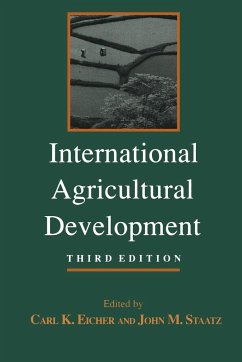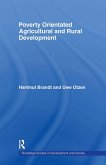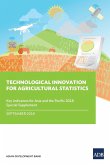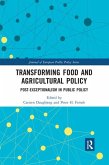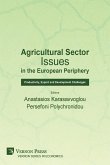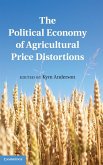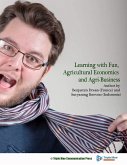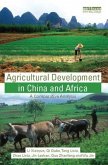Extensively revised to reflect the new directions in development thought and policy, this new edition of a classic text examines what has been learned theoretically and empirically about agricultural and rural economic development since the 1950s. With 24 of the 35 chapters completely new, the book takes into account recent developments in international agricultural development, especially as these affected the role of the state, markets, and other institutions in development. The authors address three basic questions about agricultural development in low- and middle-income countries: What are the strategic roles of agriculture in national development strategies? How can the agrarian transformation be accelerated? How can rural economic development be promoted to generate jobs and reduce poverty in rural areas? In addressing these questions, the authors deal with topics such as market failures, food insecurity, rural poverty, environmental degradation, income and asset inequality, fiscally sustainable organizations, the changing roles of the public and private sector in research, and input and output marketing systems. Four case studies (China, Indonesia, Colombia, and Sub-Saharan Africa) examine how different countries struggle with these issues as they restructure their basic economic institutions. Praise for previous editions: "A welcome addition to the literature on agricultural development... with a wide coverage of its major considerations." -- Canadian Journal of Development Studies "Presents the views of leading scholars on major theoretical and policy issues concerning agriculture's role in the Third World economies." -- Abstracts of Development Studies
Hinweis: Dieser Artikel kann nur an eine deutsche Lieferadresse ausgeliefert werden.
Hinweis: Dieser Artikel kann nur an eine deutsche Lieferadresse ausgeliefert werden.

